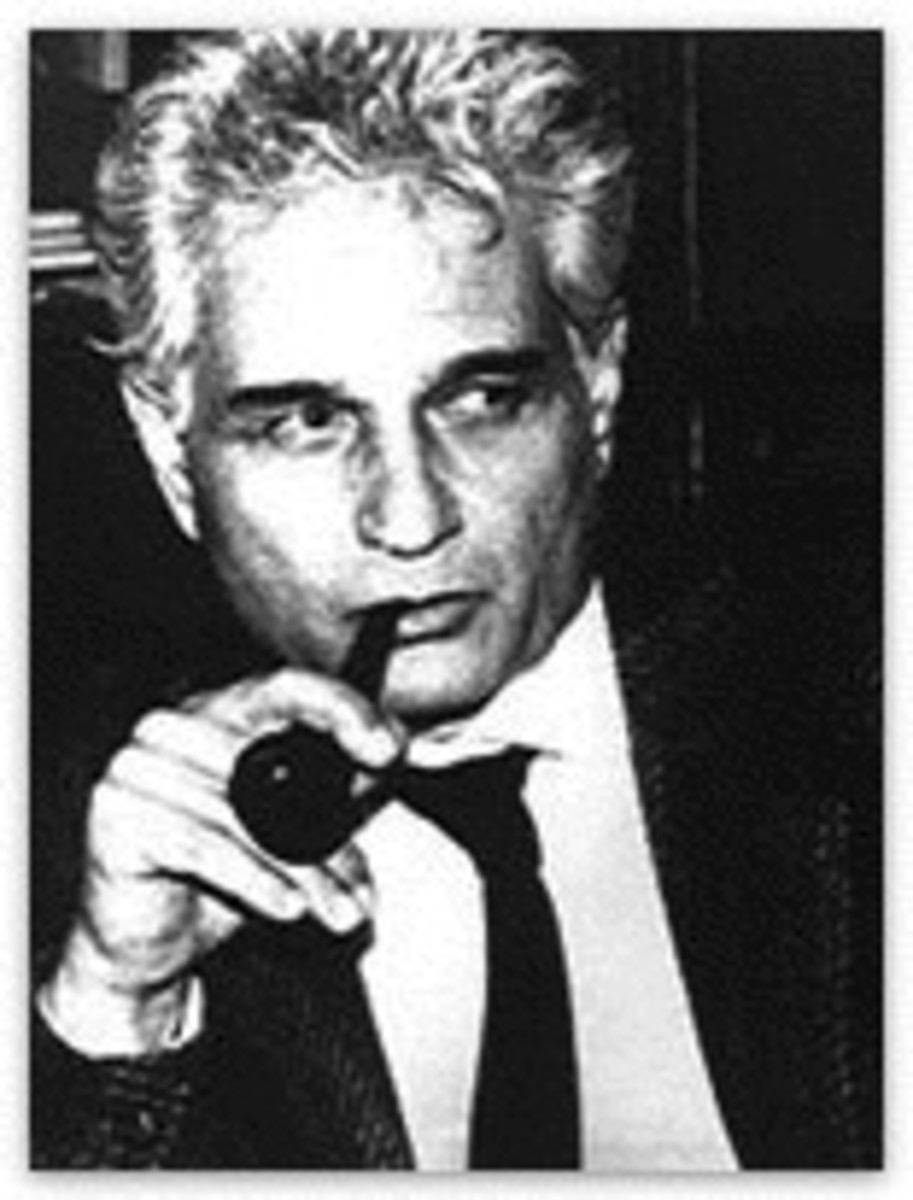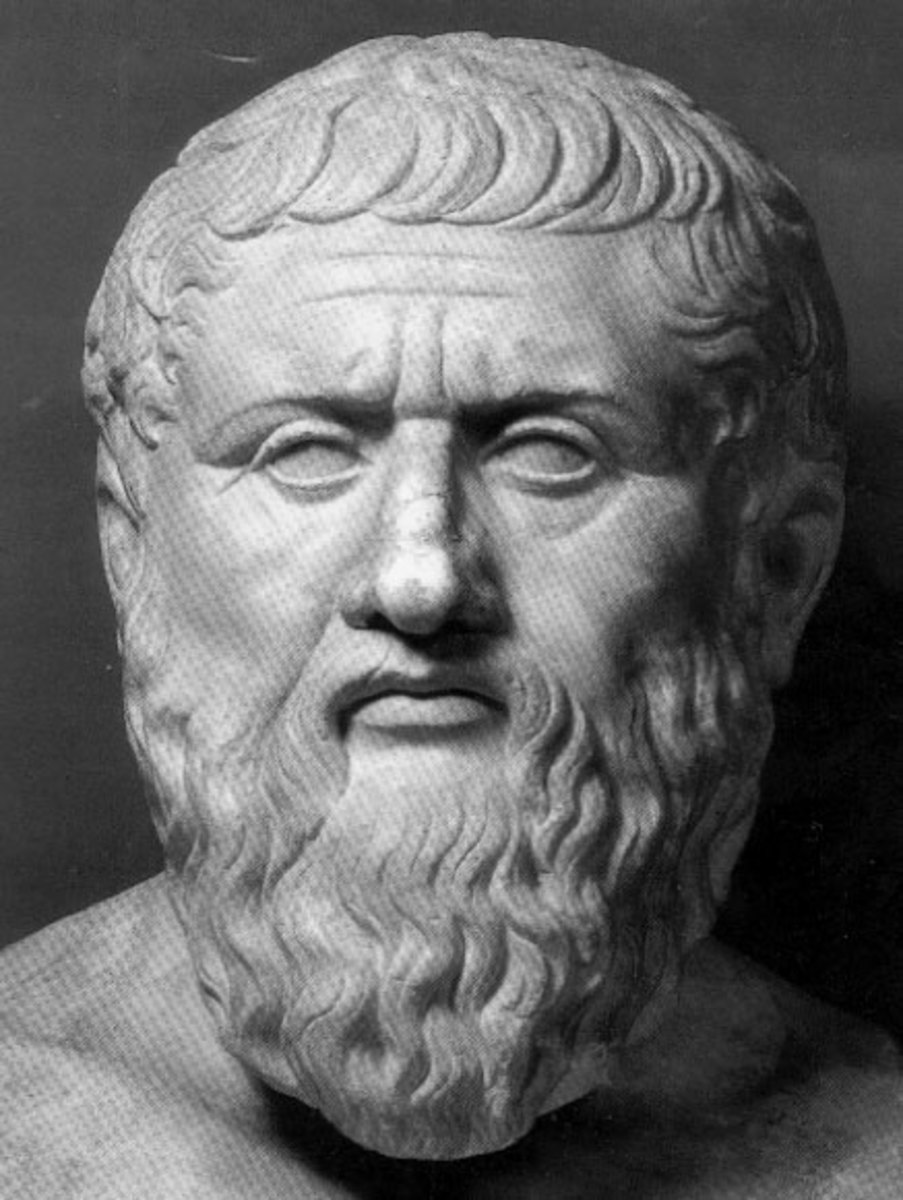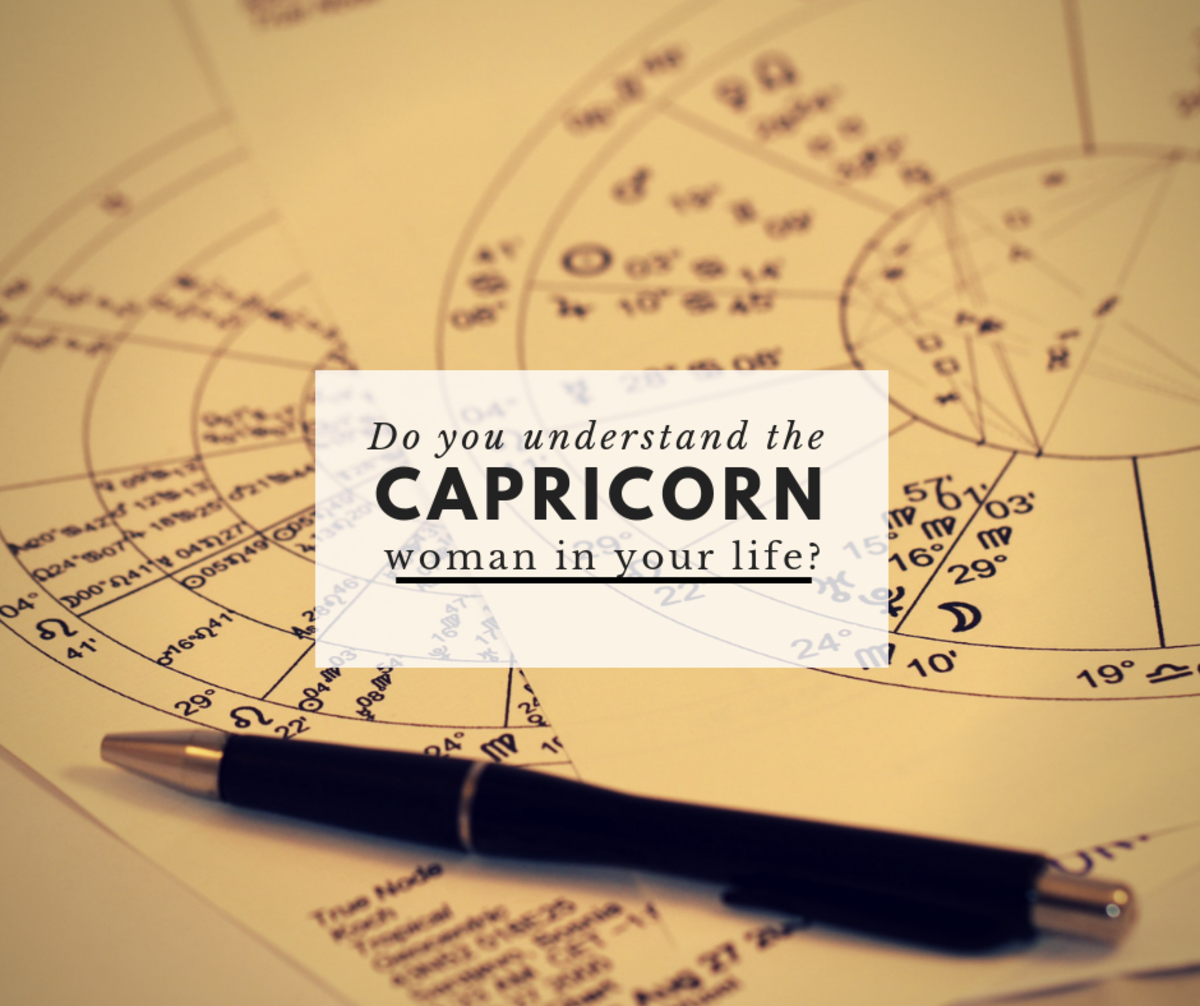Introducing Philosophy

According to the most common definitions, philosophy is “the study of general and fundamental problems, such as those connected with reality, existence, knowledge, values, reason, mind, and language. Philosophy is distinguished from other ways of addressing such problems by its critical, generally systematic approach and its reliance on rational argument.” [Jenny Teichmann and Katherine C. Evans, Philosophy: A Beginner's Guide (Blackwell Publishing,1999), p. 1] In more casual speech, by extension, "philosophy" can refer to the most basic beliefs, concepts, and attitudes of an individual or group.
In the United States, a philosopher is not venerated, this being a country based on hard work and freedom rather than arts and thoughts. Perhaps as the country ages over centuries, as Europe has, this will change.

Nonetheless, The United States was in fact built on philosophers such as Rousseau and Hobbes, who inspired a group of gentlemen farmers to turn against the Mother Country and build a new form of republic. While their immediate impetus was financial, it was the guidance of the philosophers of the Enlightenment that helped these ‘farmers’ design a solid yet flexible government.
Religions are of course a form of philosophy. The ten commandments, for example, are an ethical guideline for all human behavior.
In this electronic age, many people feel that there are no more ethics. Certainly, with less dependency on schools and religions to frame “the rules” and the punishments for breaking the rules, there is the sense that there are no rules. This, however, is inaccurate. Not only are there laws, but people in general have a sense of what is right and what is wrong. They demonstrate this regularly when taking pictures of police who are out of line, writing letters to the editor, even discussing current events on social networks.
Many professions have their own ethical guidelines, as “First of all, so no harm” in the medical profession. When the world is upside down, people look for a political or religious leader to give them a path to follow. One must only hope that the chosen leader is not another Hitler.
If you look around you and within yourself you will find that there is one form or another of philosophy. It might be a good idea to give structure to these beliefs to build confidence within so that you can step forward on your chosen path.
© 2015 Bonnie-Jean Rohner








